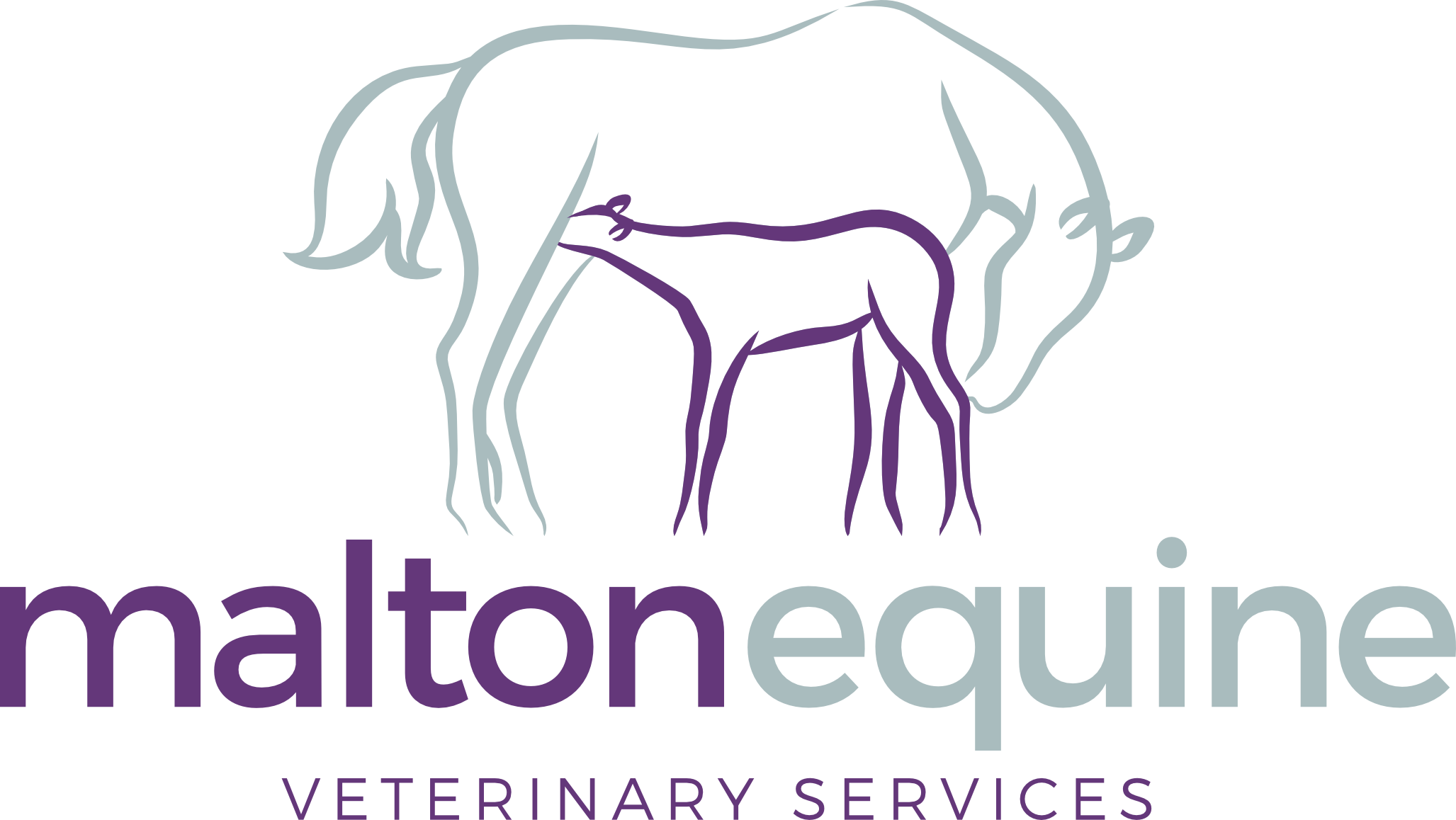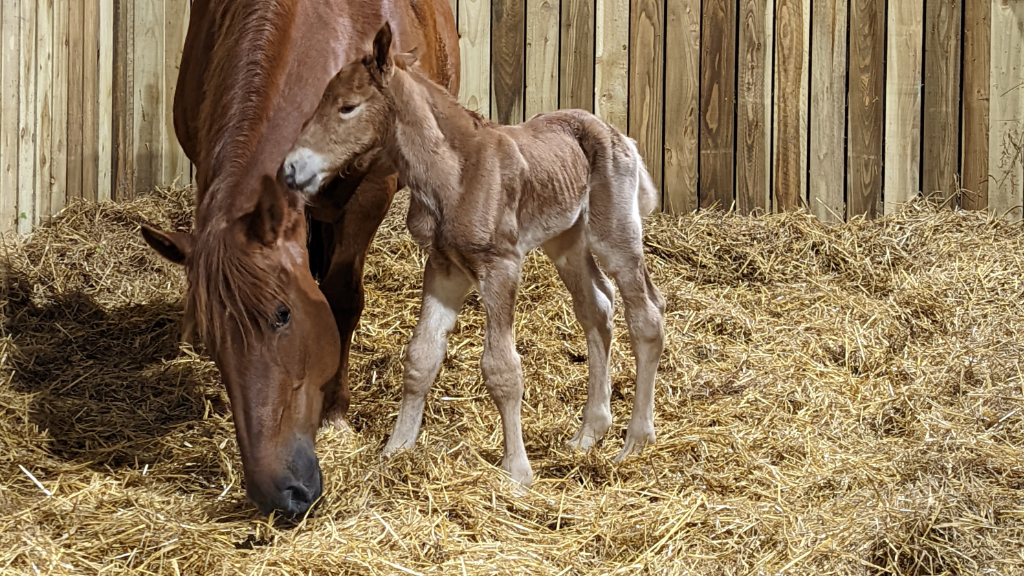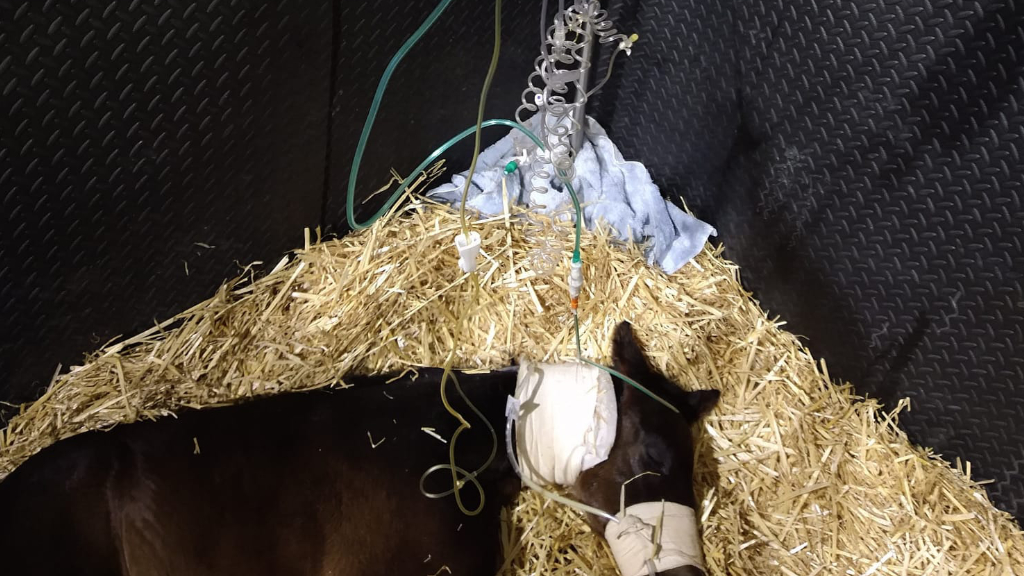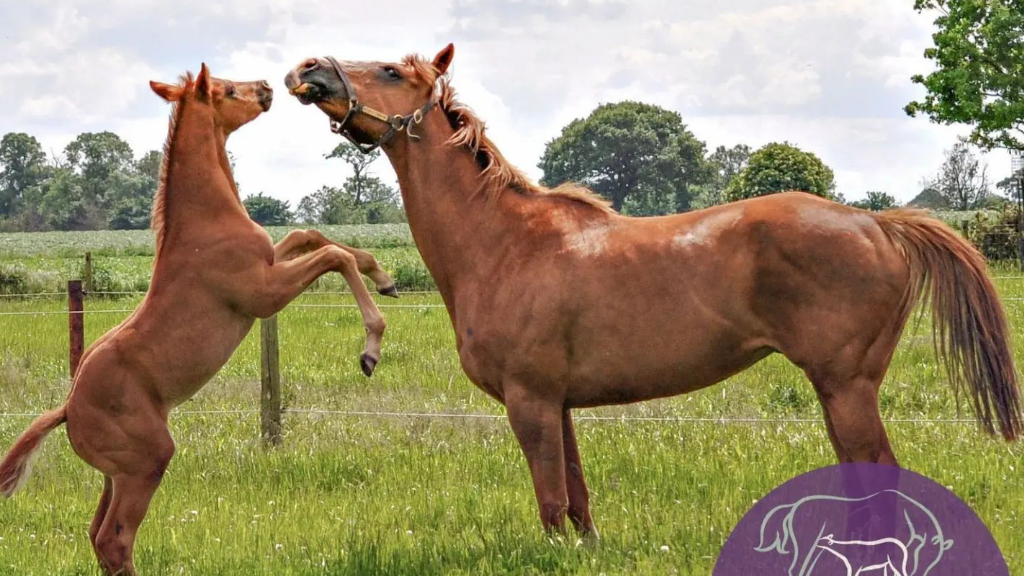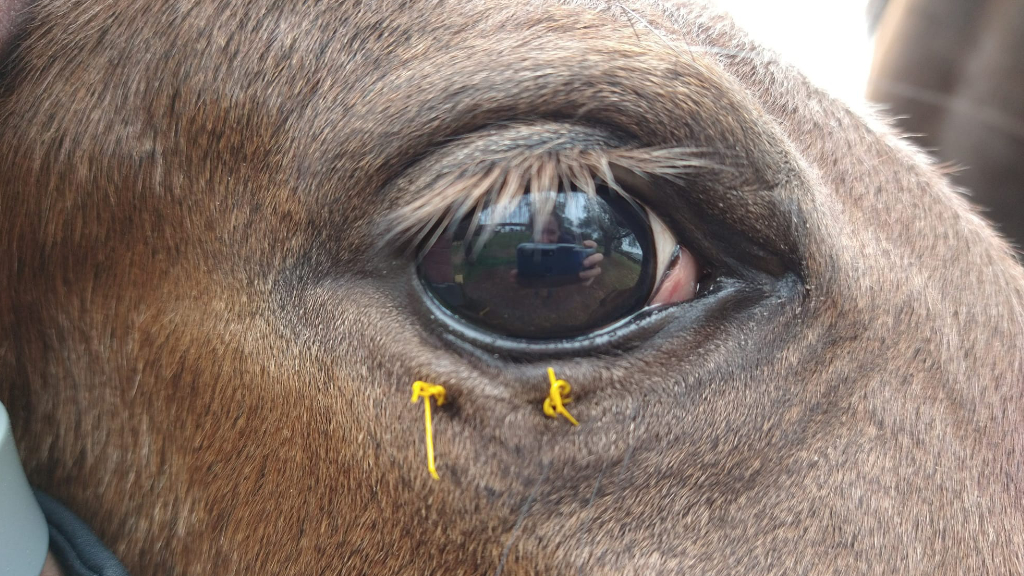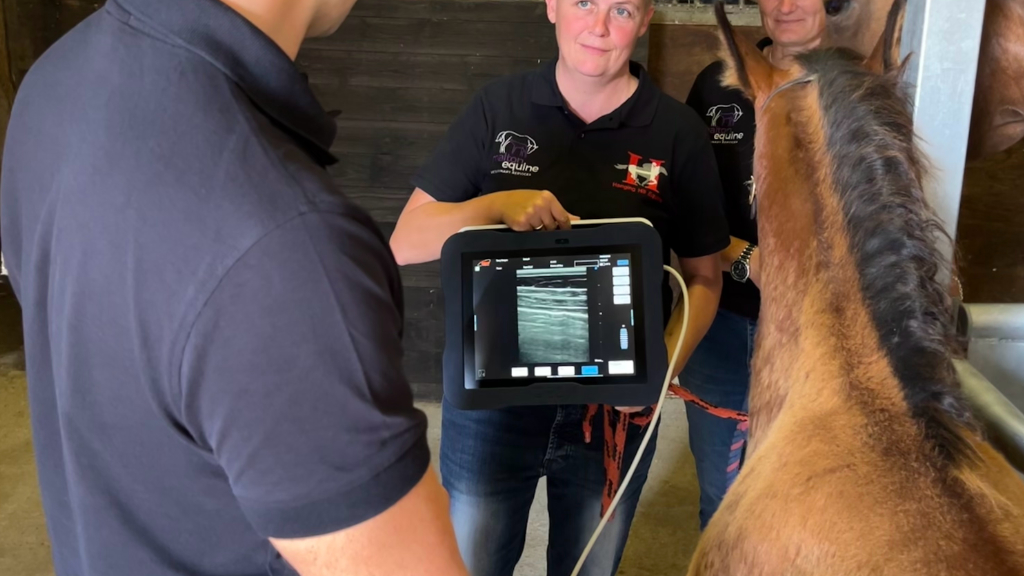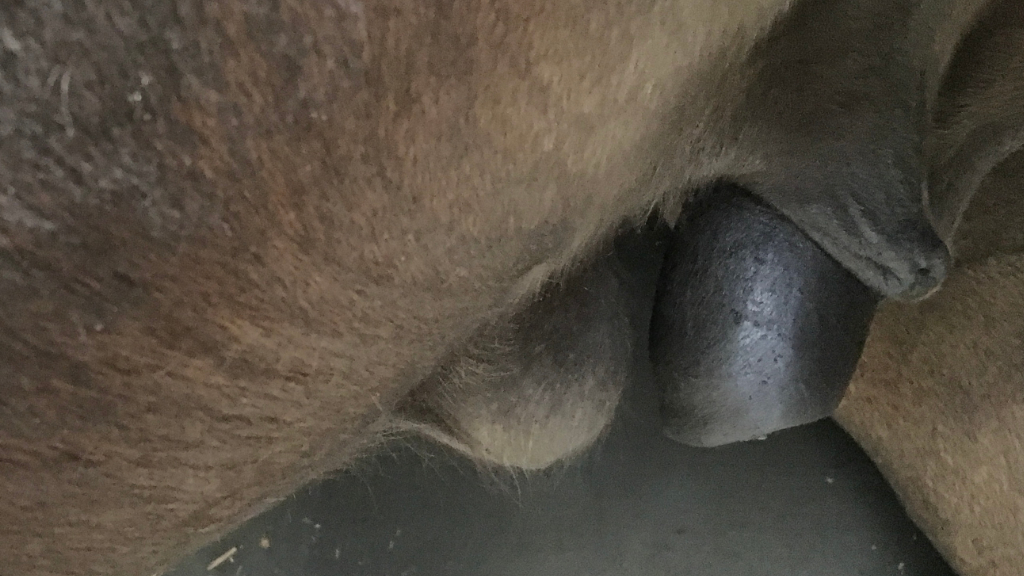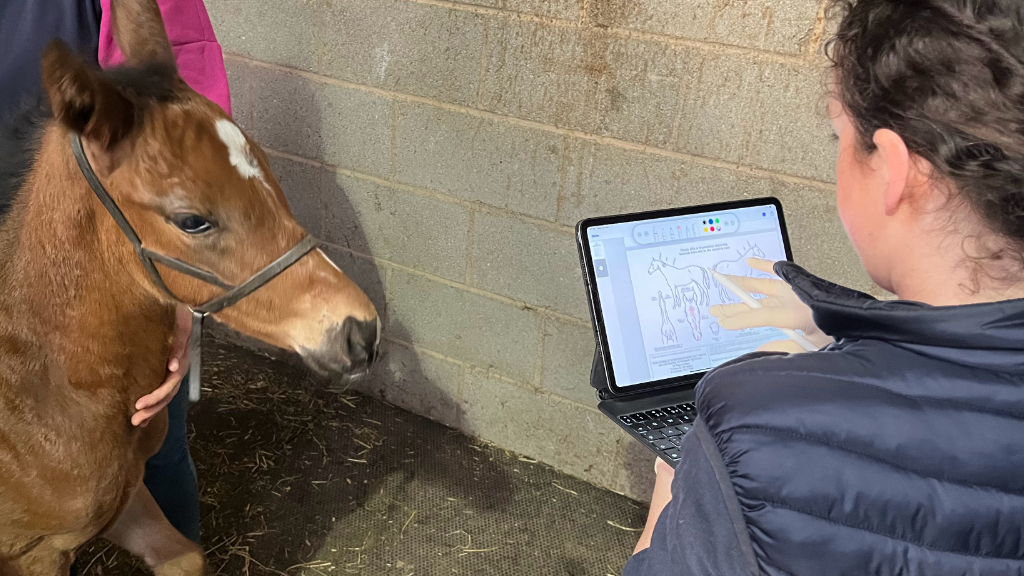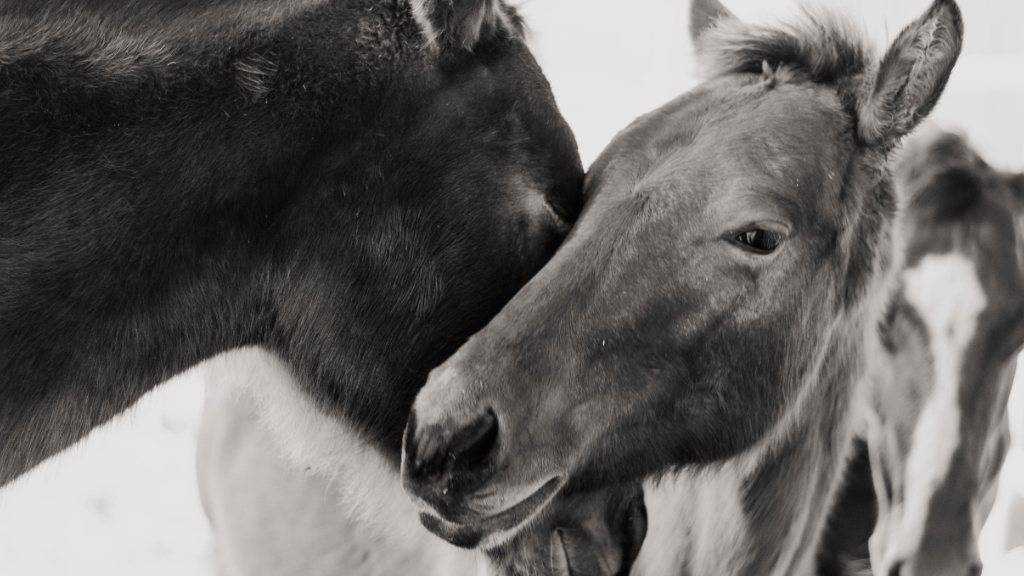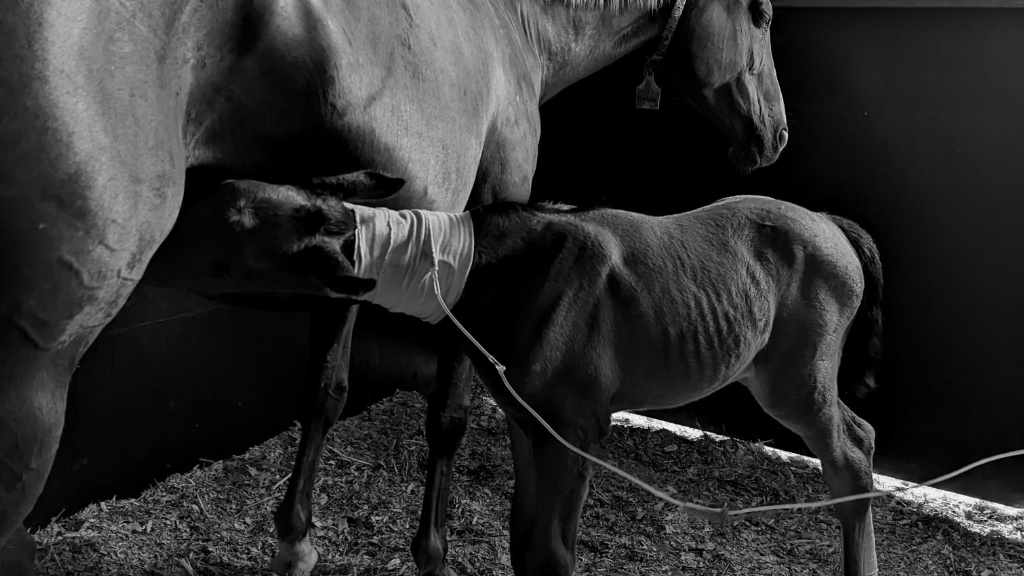Malton Equine Veterinary Services
Foal Medicine
Neonatal (newborn) foal examination
Neonatal (newborn) foal examination
Early Assessment of Newborn Foals: Proactive Care for a Healthy Start.
A prompt examination of the newborn foal within the first couple of days is a critical step in ensuring their well-being and addressing potential issues that may arise during foaling. Our comprehensive assessment focuses on detecting problems stemming from foaling trauma, identifying any congenital defects, and evaluating the transfer of immunity from the mare to the foal. A thorough examination includes obtaining a blood sample from the foal, allowing us to assess immune status and identify any potential concerns early on.
As part of our proactive care approach, tetanus antitoxin is administered to safeguard against tetanus-related complications.Our commitment to early foal assessments underscores our dedication to providing the highest standard of care. We meticulously check the mare’s comfort, udder condition, and perineal health to ensure her postpartum recovery is progressing as expected. This holistic examination not only addresses immediate concerns but also sets the foundation for the foal’s overall health and development.
Emergency veterinary attention for your horse may be required at any time of the day or night. We provide veterinary care 24 hours a day, 365 days a year to registered clients.
